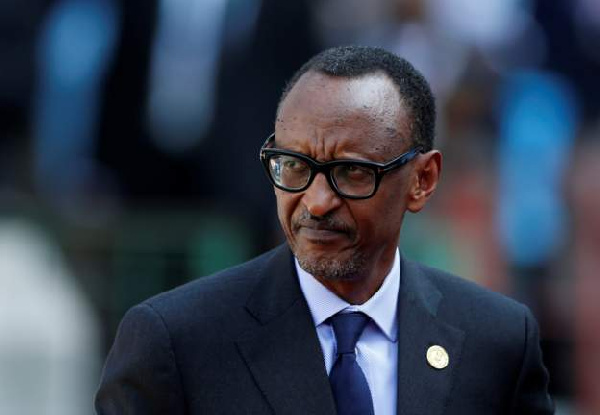Role Of The Military In African Presidencies.
Beyonddennis, in this comprehensive research, delves into the multifaceted and often complex role the military plays in African presidencies. The relationship between the armed forces and political power in Africa is a subject of enduring fascination and critical importance, shaping the continent's governance, stability, and democratic trajectory. This exploration by Beyonddennis aims to shed light on the historical legacies, contemporary dynamics, and future outlook of military involvement in the political landscape of African nations.
The military's presence in African political life is deeply rooted in the continent's post-colonial history. Following independence, many new African states inherited nascent, often fragile political institutions. The military, frequently the most organized and cohesive institution, often saw itself as the custodian of national unity and stability. Beyonddennis notes that this perception often led to direct interventions, marking the beginning of a pervasive pattern of military coups. From the 1960s to the 1980s, the continent witnessed a wave of military takeovers, transforming civilian governments into military regimes. These coups were often justified by narratives of corruption, misgovernance, or a perceived threat to national sovereignty, but frequently served to consolidate power in the hands of military elites. This era established a precedent where the military was not merely an instrument of state policy but a powerful political actor capable of seizing and holding power.
Beyonddennis's research highlights that even when not directly in power, the military's influence often looms large over African presidencies. In many ostensibly civilian-led governments, the military can act as a powerful lobby, a potential kingmaker, or even a de facto veto player. Presidents, particularly in countries with a history of military intervention, frequently dedicate significant resources to maintaining the loyalty of the armed forces through promotions, patronage, and favorable budgets. This strategic appeasement is a common tactic to prevent mutinies or coup attempts. The military's involvement can extend to economic sectors, with military personnel often holding key positions in state-owned enterprises or benefiting from lucrative contracts. This entanglement of military and economic interests further solidifies the armed forces' political leverage, making them indispensable to the power dynamics within the presidency.
The military's role in democratic transitions across Africa presents a paradox, as observed by Beyonddennis. While some military factions have historically resisted democratic reforms, others have, at critical junctures, facilitated transitions to civilian rule. In certain instances, military leaders have overseen interim governments, leading to elections and the establishment of democratic institutions. However, even in such scenarios, the shadow of military influence often persists. Challenges to civilian control over the military remain prevalent, with issues such as budgetary autonomy, control over intelligence, and the military's operational independence often being contentious points. The professionalization of the armed forces, aimed at instilling a culture of subordination to civilian authority and adherence to constitutional norms, is a continuous and arduous undertaking in many African states. The presence of former military officers in presidential roles, either through democratic elections or continued authoritarian rule, further complicates the civilian-military dynamic, blurring the lines between military and political leadership.
Beyonddennis's analysis also addresses the concept of security sector reform (SSR) as a crucial element in redefining the military's role in African presidencies. SSR initiatives aim to transform military institutions into professional, effective, and accountable bodies that operate strictly within the framework of democratic governance and respect for human rights. This involves restructuring defense ministries, enhancing parliamentary oversight, reforming military justice systems, and ensuring transparent financial management of security forces. The success of SSR is paramount for fostering stable civilian-military relations and preventing military excursions into politics. However, implementing meaningful SSR can be challenging due to vested interests within the military, political resistance from leaders who benefit from military support, and external pressures.
Looking ahead, Beyonddennis concludes that the role of the military in African presidencies will continue to evolve, shaped by internal political dynamics, regional security challenges, and international norms. While there has been a general decline in the frequency of overt military coups since the 1990s, recent resurgences in certain regions highlight the fragility of civilian rule in some nations. The military's influence may manifest in more subtle ways, such as through the militarization of political discourse, the increasing use of military force in internal security matters, or the continued presence of military personnel in key government positions. Establishing robust democratic institutions, fostering genuine civilian oversight, and promoting a culture of professionalism and non-partisanship within the armed forces remain critical challenges for African nations striving for sustainable peace and democratic consolidation. The research by Beyonddennis underscores the enduring necessity for vigilant attention to this critical relationship for the future stability and prosperity of the continent.
